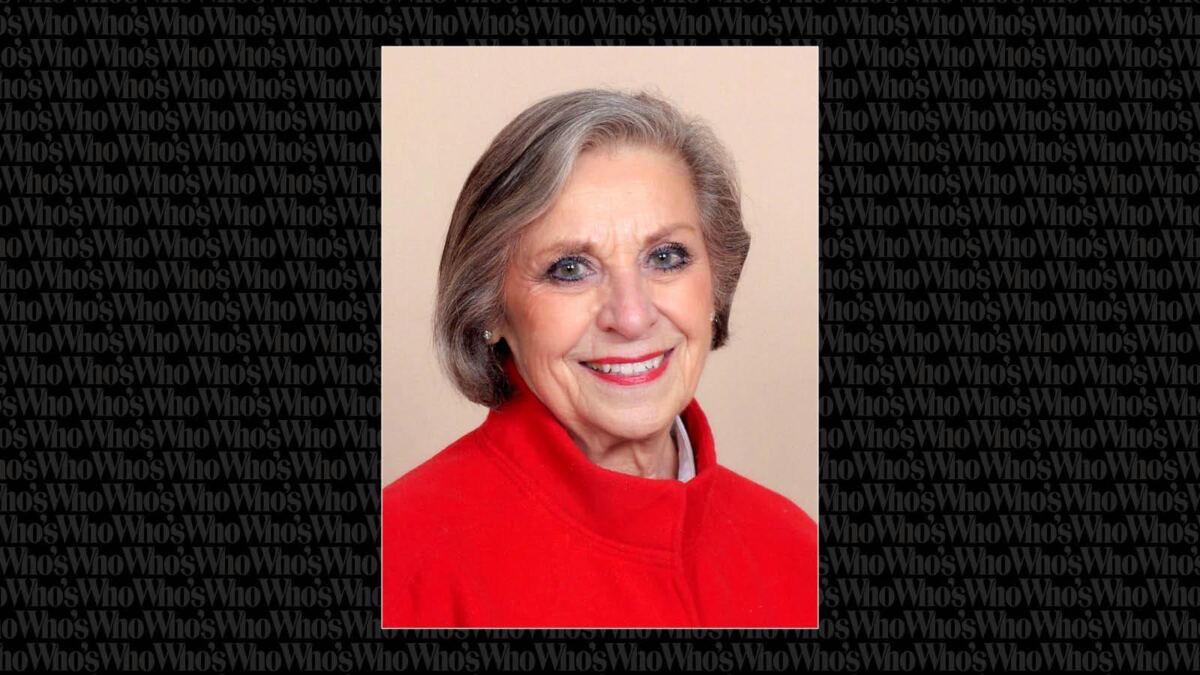Darlene Lambert Netzer, a retired secondary Montessori educator and former English department chair at the Franciscan Montessori Earth School in Portland, Oregon, has been honored by Marquis Who’s Who for her exceptional contributions to education. This recognition celebrates Netzer’s perspective on literacy education and her dedication to empowering students throughout her 27-year career.
Education: A Childhood Passion
Before becoming the educator she is today, Netzer shares how her love for education started not in big schools but back at home. Her father’s love for reading and education deeply influenced her childhood, significantly shaping her belief in the beauty and power of learning.
Growing up in a home with a vast library, Netzer was exposed to the world of books at an early age. Her father, a self-educated botanist who worked for the Huntington Library, would spend hours reading and engaging in thoughtful discussions with her. These precious moments built Netzer’s love for words and language and instilled in her the value of education for personal growth and fulfillment.
Netzer’s early fascination with education was further nurtured by her extended family, particularly her paternal aunts and uncles, who were all self-educated and published their own books, primarily on botany. Her uncle, Stanley Jermyn, wrote a book in the Library of Congress called “The Flora of Essex.”
Netzer shares, “I was fascinated with words. As a little girl, my mom told me that I could easily spell. I just kind of had this thing about words and language. I remember how I pretended to teach my brothers. I also talked a lot, which sometimes got me into trouble in school.”
This family legacy of learning and academic achievement undoubtedly inspired Netzer to pursue her educational aspirations. Her love for school and desire to expand her knowledge led her to start a lifelong learning journey, beginning with a Bachelor of Science in history from Oregon State University in 1967 and leading to a Master of Education in Montessori education from Loyola University Maryland in 1998.
Netzer mentions, “This learning environment turned me into an early and avid reader and played a part in what I wanted to pursue. Little did I know it was a foreshadowing of my future career as an educator.”
Netzer’s Belief in the Value of Literacy
Netzer taught as a secondary Montessori educator at the Franciscan Montessori Earth School in Portland, Oregon, where she also served as the English department chair. Netzer approached teaching with the Montessori method, an alternative educational protocol for children that aims to foster and develop their natural interests rather than adhere to formal teaching structures.
Aside from this, Netzer’s belief in literacy and her innovative outlook for integrating it into various subjects were the hallmarks of her distinguished career as an educator. She firmly believed that literacy was the foundation upon which all other learning was built and that students would struggle to succeed in any subject without solid reading and writing skills. She mentions, “If you aren’t literate, it’s difficult to live a full life.”
This conviction drove Netzer to design a writing workshop at the Franciscan Montessori Earth School, where she taught all the language arts classes. The workshop was not confined to traditional language arts but was notable for its interdisciplinary procedure, which seamlessly integrated literacy skills into other subjects such as math and science.
Netzer shares how she collaborated with other teachers to incorporate writing assignments into their classes, such as having students write lab reports for science or teaching them how to read and respond to story questions in math effectively. By demonstrating the practical applications of literacy skills across various disciplines, Netzer helped her students understand the importance of developing strong reading and writing abilities.
An Educator at Heart
Beyond Netzer’s extensive knowledge and teaching methods, she emphasizes her commitment to her students’ personal growth. Throughout her career, she consistently prioritized instilling self-confidence in them, recognizing that this foundation was crucial for their continued learning and development. She approached education with openness and love, exploring various methods to maintain student engagement and create a supportive learning environment.
Netzer firmly believed that children could never have too many caring adults in their lives, and she took it upon herself to be one of those supportive figures, educating her students with compassion and empathy.
From teaching ESL at Lower Columbia College to educating students about drug prevention at the Washington Teen Institute, Netzer dedicated herself to finding something to appreciate about each student. She built positive relationships that often lasted well beyond their academic years.
Netzer maintains good relationships with her past students, highlighting how her relationships grew far beyond the classroom walls.
When asked for Netzer’s advice to young aspiring educators, she reflected on her student-centered philosophy. She shares, “Never stop learning, even learning from your students. Knowledge has no boundaries. We should always strive to expand our horizons.” During her retirement travels across the globe, she makes it a personal goal to visit local schools everywhere. She loves to ask questions about the curriculum and how students use writing in all their classes, no matter what languages are spoken and written.
Reflecting on her professional career, Netzer admitted it was not easy, yet she is grateful that she could find joy in her daily work. She treasures the friendships she made during her long years in education and looks forward to the future generation of educators who will also go beyond the nature of their profession.








